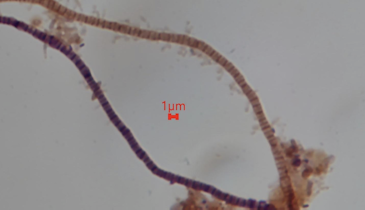Music, videos, puppet shows and school assemblies from an Iowa university teach students about our natural resources. Water Rocks!, an educational program for K-12 students created in 2012 by Iowa State University, continues to make a big impact.
“The program is a success with...








